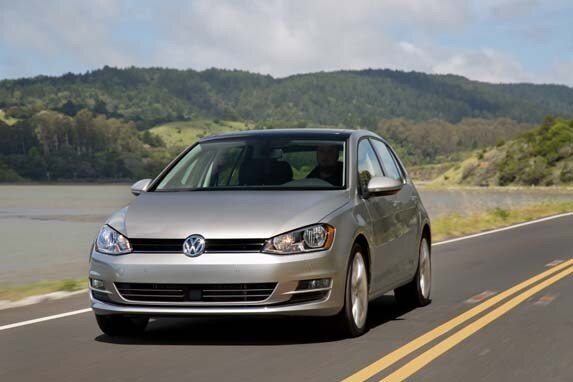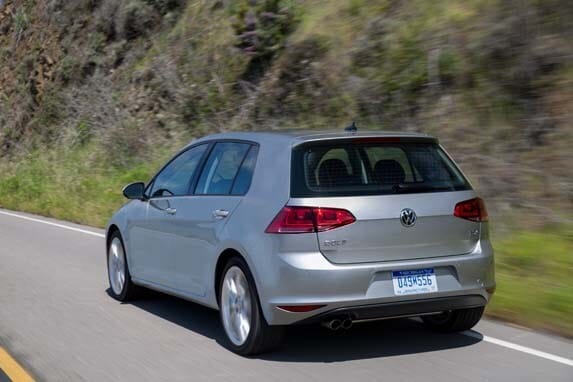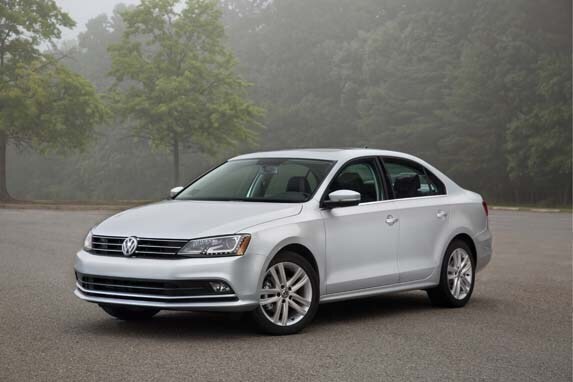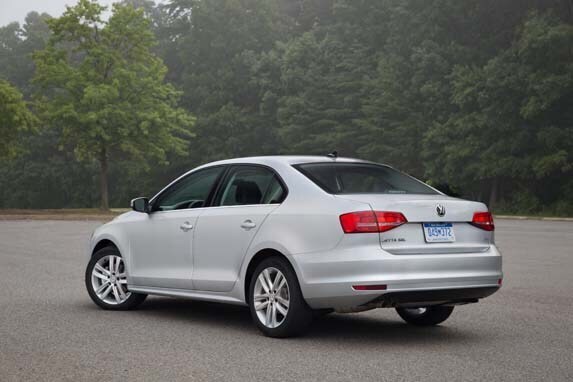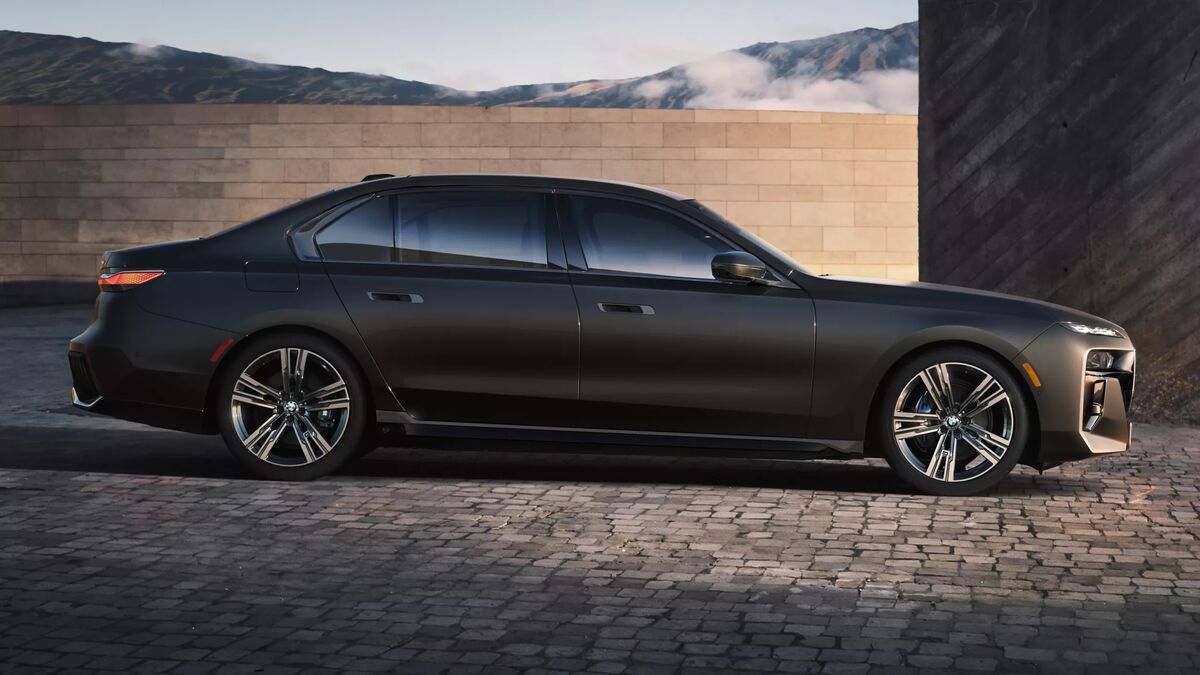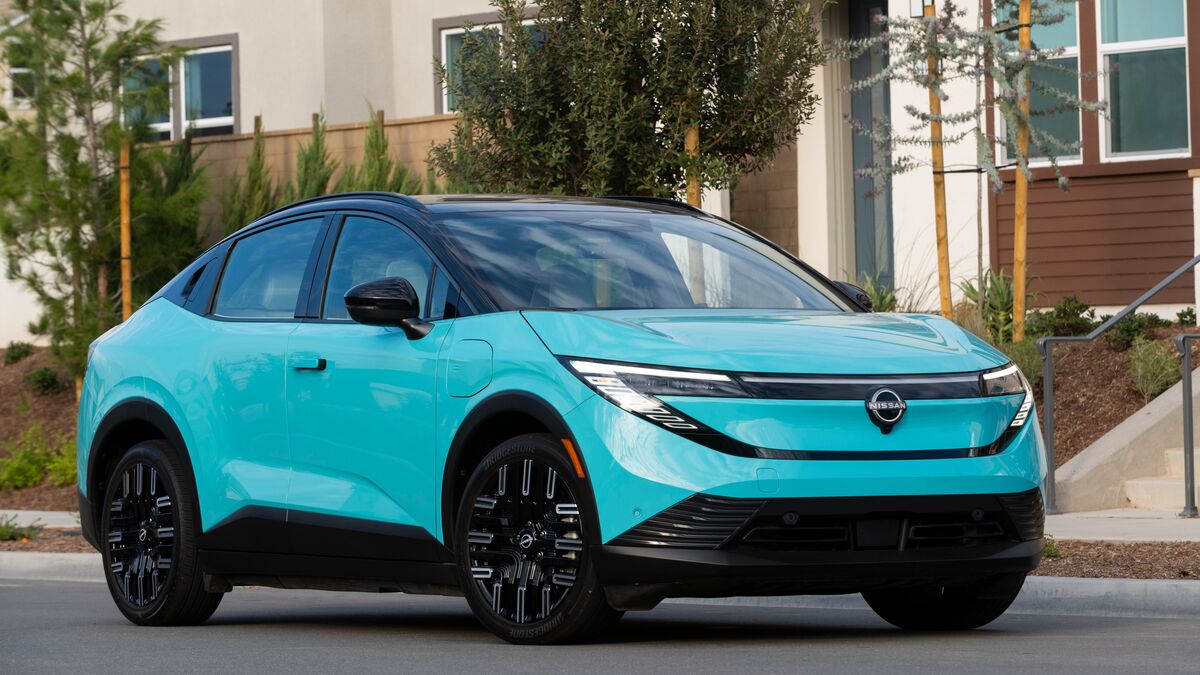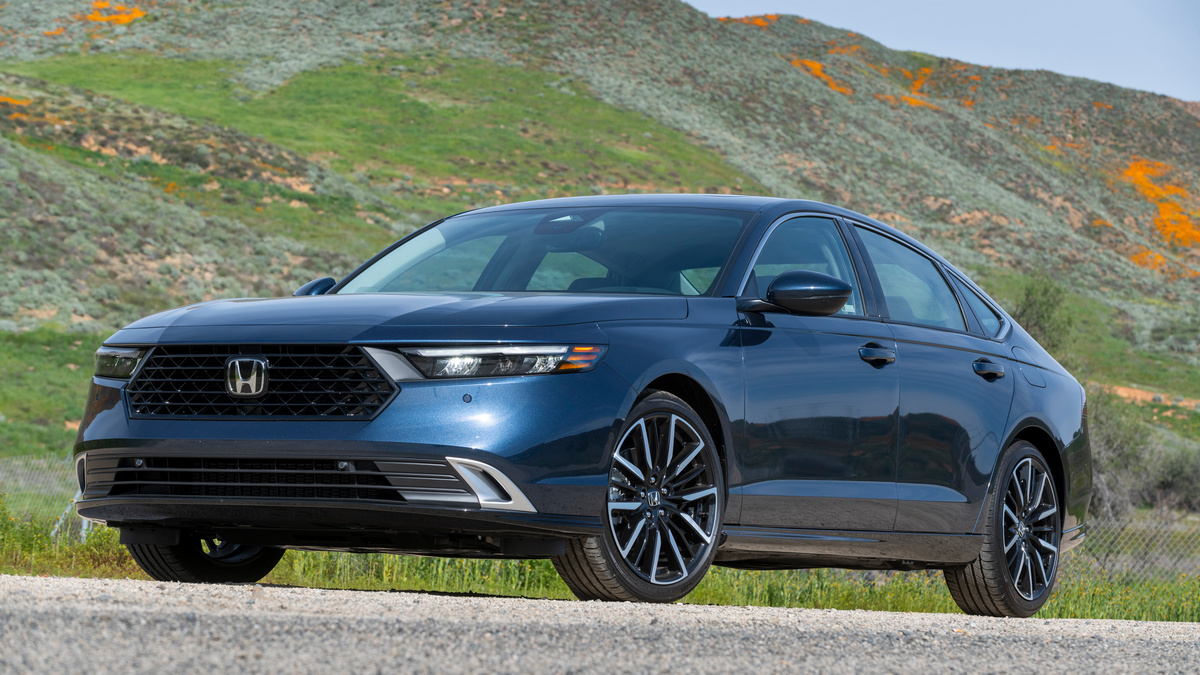Recent revelations that Volkswagen failed to meet clean air emissions by rigging its cars to perform differently in compliance tests than they do in normal use has resulted in the resignation of VW CEO Dr. Martin Winterkorn and will most likely lead to recalls, fines and settlements in some 50 class action lawsuits. The affected cars, which number more than 440,000 in the U.S. and as many as 11 million worldwide, include 2009-2015 Jettas, 2009-2014 Jetta Sportwagens; 2012-2015 Beetle and Beetle Convertible models; 2010-2015 Audi A3s; 2010-2015 Golfs; 2015 Golf Sportwagens, and 2012-2015 Passats. Here’s five things to keep in mind as the scandal unfolds:
Even if you wanted to, you can’t buy a new VW Clean Diesel. As part of the investigation, both the federal government and California have withheld certification of the affected 2016 VW models and have also ordered that existing 2015 models in dealer inventories not be sold. New VW diesels won’t be sold until a recall plan is approved and these new models brought into compliance.
If you own one of these vehicles, you can keep on driving. Since this is an emissions and not a safety related issue, you can continue to drive your car. There’s no point in going to a dealer, since there is no formal recall yet or fix.
Hang onto your car, at least for now. As a result of the adverse publicity, resale values are likely to drop in the short term. Longer term, the picture is not clear. Whatever fix is approved by the government is likely to affect either the performance or fuel economy of the diesel or both. Depending on how adverse these effects are will determine whether or not you’ll want to keep your car. If there is a significant drop off in either performance or fuel economy, expect resale values to fall further.
The fix may be simple…or not. Bringing the cars in compliance may be as simple as rewriting some code and reprogramming the engine control module. As mentioned in the above item, this will have an effect on the car’s performance. Worst-case scenario, VW may be forced to fit the cars with urea injection, an expensive system that includes an auxiliary tank and additional engine hardware. The German automaker was looking to avoid this cost when it certified its clean diesel technology without going this route, and that’s why it is in so much trouble today.
Expect things in the mail. If you own one of the affected vehicles, after the recall has been settled upon you should get a notice in the mail directing you to bring the car to a dealer for the fix. You’ll also likely receive solicitations to participate in any number of class action lawsuits, although it’s likely that any settlement reached in those cases (which may be consolidated) will include either an incentive from VW for a discount on a new car or may go as far as either a cash payment or a buyback program offered to all owners. However, it’s likely that any such settlement may take months, if not years, to reach. You are, of course, not required to participate in a class action suit to get your car fixed.
POPULAR AT KBB.COM
